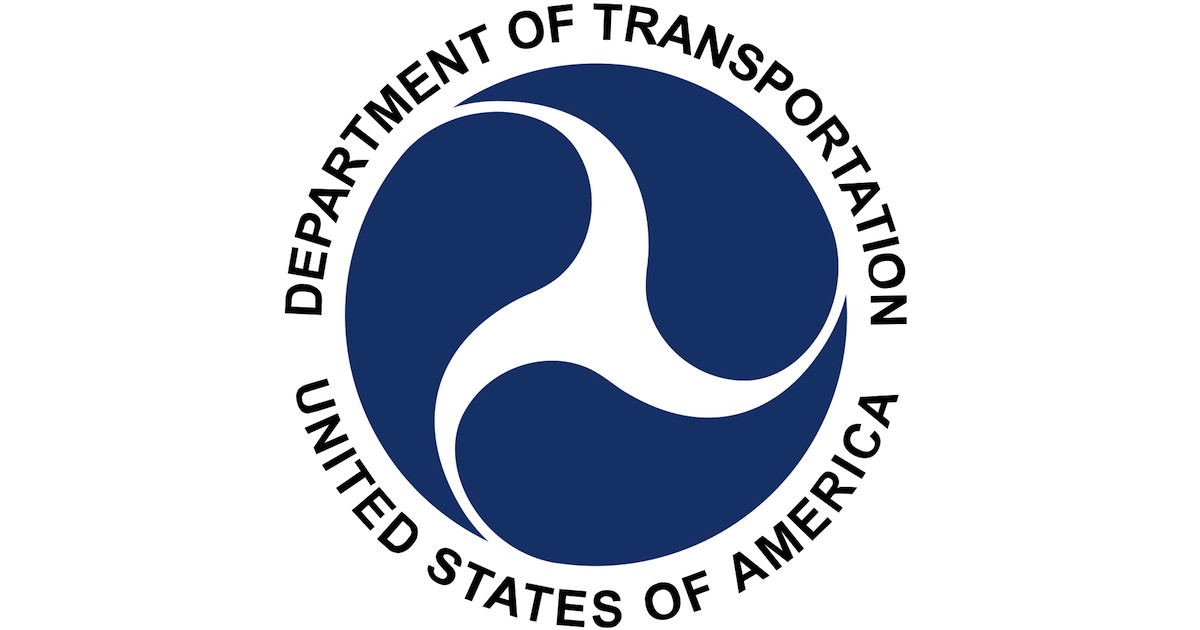Resource Details
Energy, Health & Mental Health, Sustainability, Transportation
Areas of Persistent Poverty Program
The Areas of Persistent Poverty Program awards grants to eligible applicants for planning, engineering, or development of technical or financing plans for projects eligible under Chapter 53 of title 49, United States Code to assist Areas of Persistent Poverty or Historically Disadvantaged Communities.
The Areas of Persistent Poverty Program supports the President’s initiatives to mobilize American ingenuity to build modern infrastructure and an equitable, clean energy future. By supporting increased transit access for environmental justice (EJ) populations, equity-focused community outreach and public engagement of underserved communities and adoption of equity-focused policies, reducing greenhouse gas emissions, and addressing the effects of climate change, FTA’s AoPP Program advances the goals of Executive Order 13985: Advancing Racial Equity and Support for Underserved Communities Through the Federal Government; Executive Order 13990: Protecting Public Health and the Environment and Restoring Science to Tackle the Climate Crisis; and Executive Order 14008: Tackling the Climate Crisis at Home and Abroad.
Eligibility
Eligible applicants include entities that are eligible recipients or subrecipients under 49 U.S.C. 5307, 49 U.S.C. 5310, or 49 U.S.C. 5311 that are located in Areas of Persistent Poverty or Historically Disadvantaged Communities.
Eligible activities include:
planning, engineering, or development of technical or financing plans for improved transit services;
new transit routes;
engineering for transit facilities and improvements to existing facilities;
innovative technologies;
planning for low or no emission buses;
planning for a new bus facility or intermodal center that supports transit services;
integrated fare collections systems;
coordinated public transit human service transportation plans to improve transit service in an Area of Persistent Poverty or Historically Disadvantaged Community, or to provide new service such as transportation for services to address the opioid epidemic, as well as increase access to environmental justice populations, while reducing greenhouse gas emissions and the effects of climate change
Top Benefits
- The minimum federal share for this program is not less than 90%
Related Resources
Wisconsin Cooperative Development Grant
Wisconsin Economic Development Corporation
Arts & Culture, Child Care, Energy, Forestry & Paper, Native Peoples, Transportation, Workforce
The Wisconsin Economic Development Corporation (WEDC) is offering grants to support the development of new and existing cooperatives in Wisconsin, with a goal of fostering the success of current and future cooperatives by supporting planning and exploratory research in advance of making a large investment.




